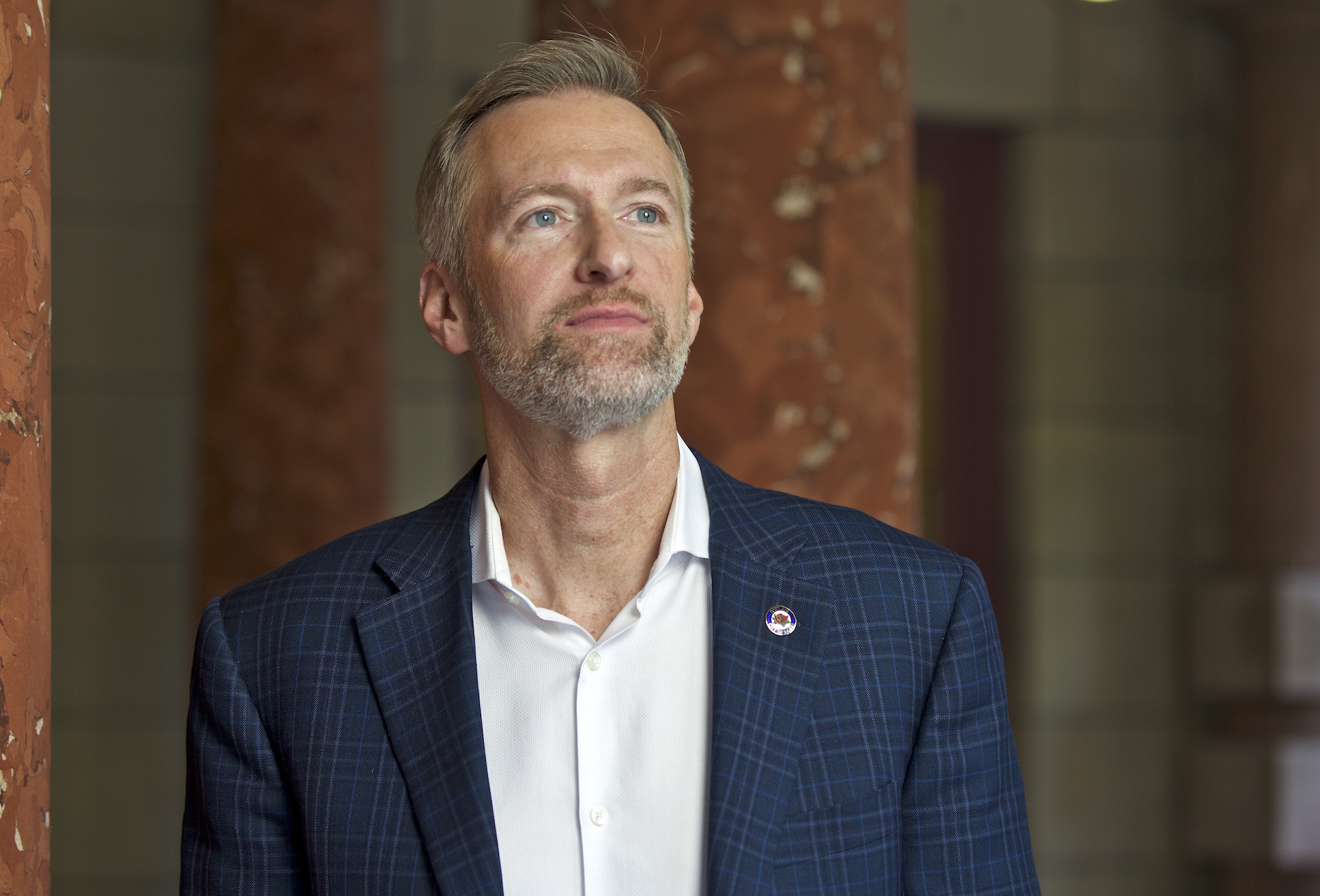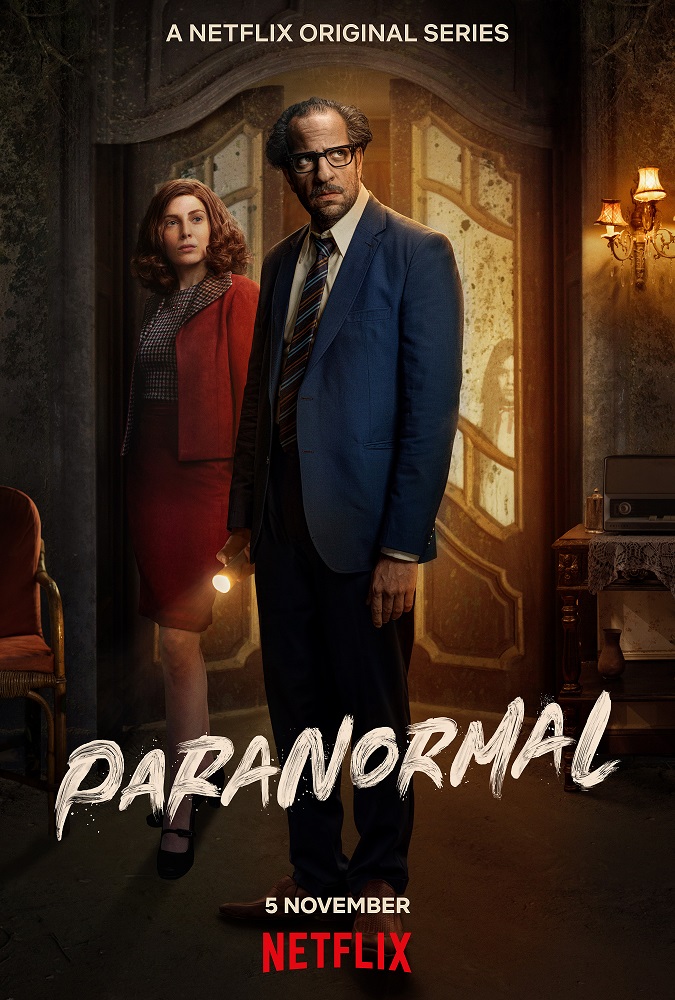City council members and other employees of the city government come, go, and are succeeded by new members every few years—and while these new members would have plans for LGBTQ+ initiatives, they would be starting from scratch every time.
In response, a new position was created: the LGBTQ+ analyst position, housed within the Office of Equity and Human Rights Bureau.
“We realized that we needed a position that is dedicated to LGBTQ+ initiatives that wouldn’t necessarily change over four years,” said Seraphie Allen, the LGBTQ+ liaison for Portland Mayor Ted Wheeler’s office. “Then the issues would be more institutionalized than just being whatever policy priority of the day.”
This is where the LGBTQ+ analyst position came into play. The city needed a city position dedicated to LGBTQ+ issues for the long term so more projects and initiatives could become a reality.
“As a new city employee, I realized right off the bat that our equity 101 training didn’t have trans 101 or pronouns or any of that,” they said. “We know that equity issues are really intersectional, and the city has been continuing the lead with a race-first lens…but that with other Portland affinity groups, we noticed we were missing some identities.”
The analyst position was created through the work of LGBTQ+ affinity groups, as well as the work of Wheeler himself, who wanted to make sure his office had an ‘Employer of Choice’ method, meaning when intersectional groups work with the city they feel confident in expressing their identities in the workplace. The position will work with other equity managers to implement LGBTQ+ related policy, advise on LGBTQ+ related training and be a standing city employee, so that they can be consulted by changing leadership.
In addition to the new position, Allen shared upcoming plans for Portland to become an even more LGBTQ+ friendly city.
LGBTQ+ houselessness plans
Two years ago, in what would become a Transgender Day of Visibility event, Wheeler made a proclamation and dedicated $250,000 towards helping the houseless LGBTQ+ community. This money would come from both the county and the city contributing funding into the joint fund of the office of homelessness. Currently, the funds are now available, and how to use the funds to help the LGBTQ+ houseless community is being decided in Multnomah County.
Allen talked about current plans that have been implemented during the COVID-19 crisis, “What I was hearing was that queer people don’t feel safe in our traditional shelters, they need their own space so we needed to dedicate that funding….so Raven Drake, who works with Street Roots, and I had developed a friendship over time so I said, ‘Can we make one of these Covid-19 shelter spaces LGBTQ+ specific?’ So even in the emergency, [we’re] trying to create some culturally specific responses.”
“That is all being currently funded by the CARES ACT given during the emergency, so we’ll have to figure out what are the next steps for these spaces.”
The general consensus around LGBTQ+ houselessness in Portland is that there is no one organization that does outreach or provides resources to the LGBTQ+ houseless. It is spread out, and not intersectional.
“There’s a difference between taking government funding and having to run a program that knows how to support people versus giving funding to an organization like JOIN, an organization that isn’t LGBTQ+ specific, but that many LGBTQ+ homeless access for resources because they do such a great job at it,” Allen said. They continued to describe the need for an LGBTQ+ specific organization to do this work, as it’s important to have an organization that “looks like you and identifies like you” doing this outreach.
Police and community plans
Portland’s police equity training has been lacking in inclusivity over the years. Allen acknowledged the Portland queer community’s hesitant and tense relationship with the police.
“One of the hardest things being a queer person working in our office is because we oversee the [Portland] Police Bureau, anytime I have a conversation within the activist community there’s a lot of immediate distrust, which makes a lot of sense and it’s hard. but I get it,” Allen said. “I understand there’s a lot of change that needs to happen within this bureau, and I understand why people don’t trust wanting to work with them.”
Allen mentioned there is a new LGBTQ+ equity curriculum being fleshed out, and that it includes gender identities, sexuality, pronoun usage and more. The curriculum is using input from Basic Rights Oregon, city affinity groups and Allen themself as Wheeler’s liaison. This is also going to be part of the LGBTQ+ analyst’s job to update and advise on the training in the future. The important part is that it is a curriculum made by and for queer people, so that officers can get a diverse understanding of the LGBTQ+ community.






